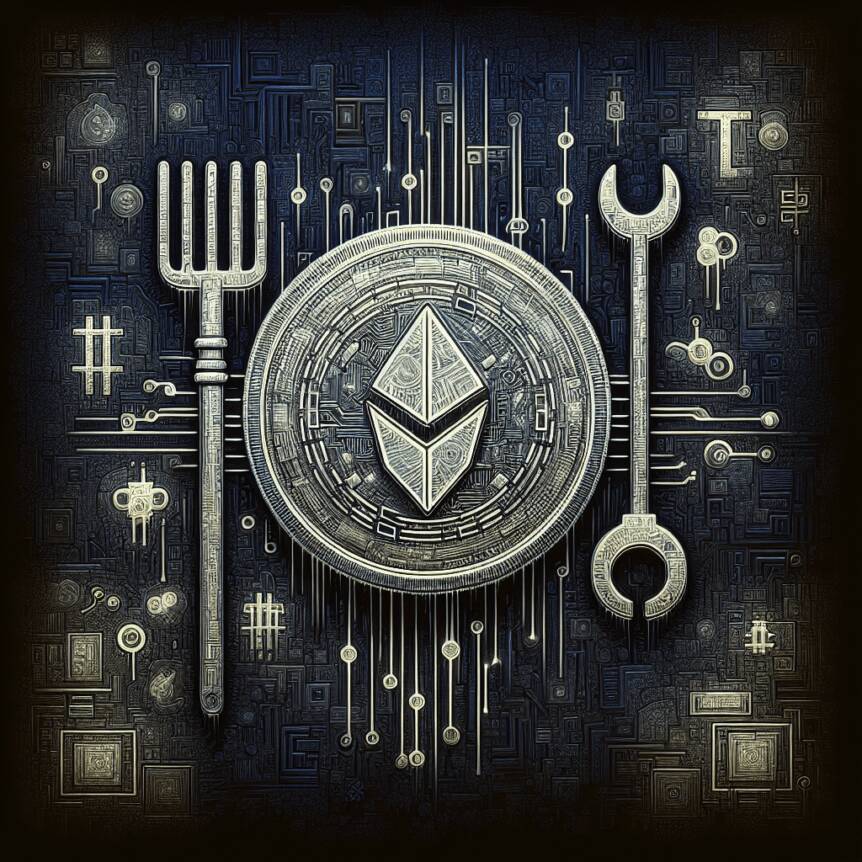Wash trading and money laundering are two common illicit activities that have been increasingly prevalent in the realm of NFTs (non-fungible tokens). Wash trading involves the practice of traders buying and selling the same asset to create the illusion of high trading volume and artificially inflate prices. On the other hand, money laundering refers to the process of disguising the origins of illegally obtained funds by transferring them through a series of complex transactions.
In the world of NFTs, wash trading can be used to manipulate the market and deceive investors into thinking that a particular asset is in high demand. This can lead to unsuspecting buyers paying inflated prices for NFTs that have been artificially pumped up through wash trading schemes. To combat this practice, exchanges and marketplaces are implementing stricter regulations and monitoring tools to detect and prevent wash trading activities.
Money laundering in the NFT space poses a serious threat as criminals are using digital assets to transfer and conceal illicit funds. By purchasing NFTs with illegally obtained money and then selling them for clean fiat currency, criminals can effectively launder their funds and legitimate their proceeds. This has raised concerns among regulators and law enforcement agencies, prompting them to increase scrutiny and oversight over NFT transactions to prevent money laundering activities.
It is essential for participants in the NFT ecosystem to be vigilant and report any suspicious activities to the relevant authorities. By working together to combat wash trading and money laundering, we can help to protect the integrity and reputation of the NFT market and ensure a safe and secure environment for all participants.



